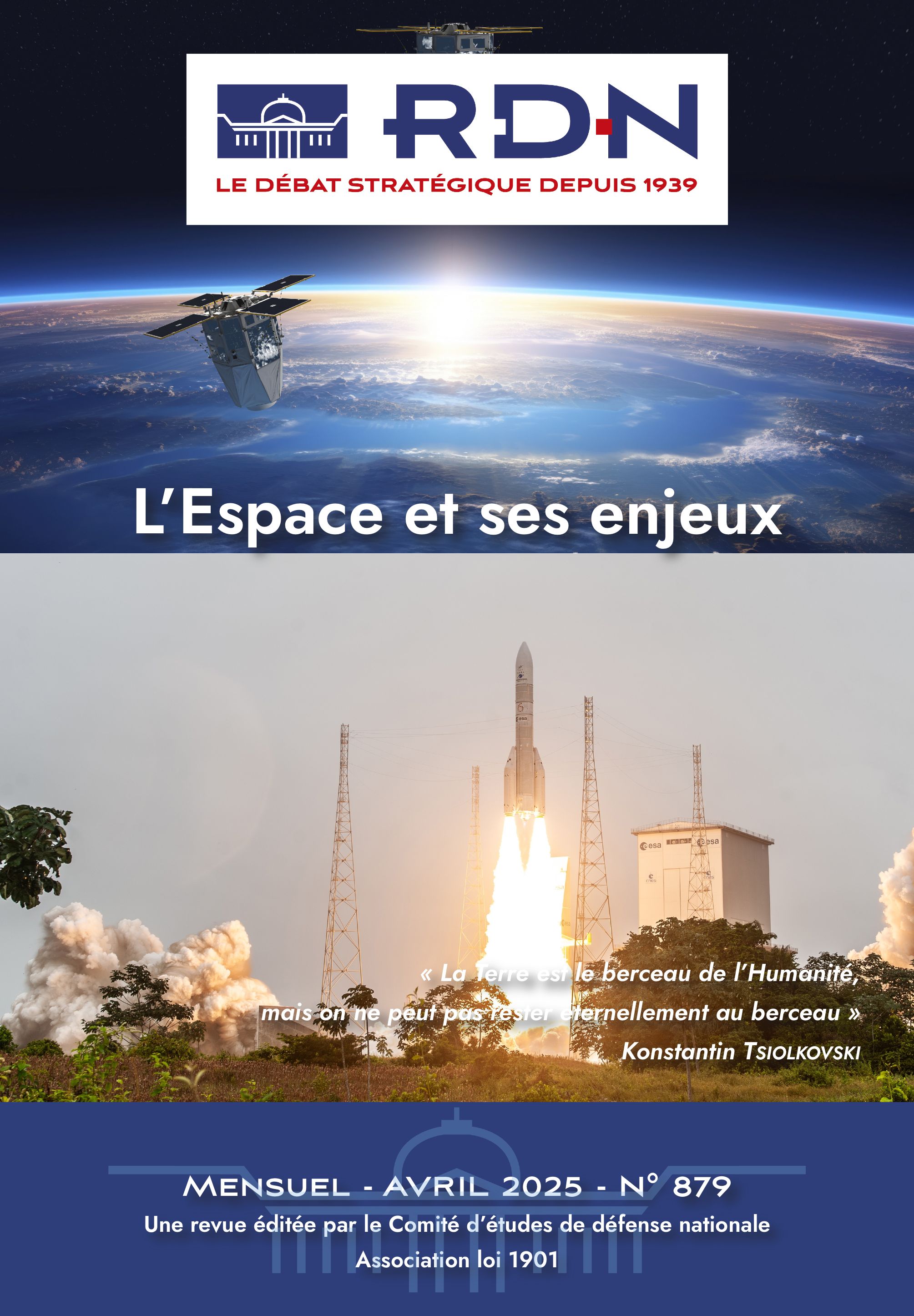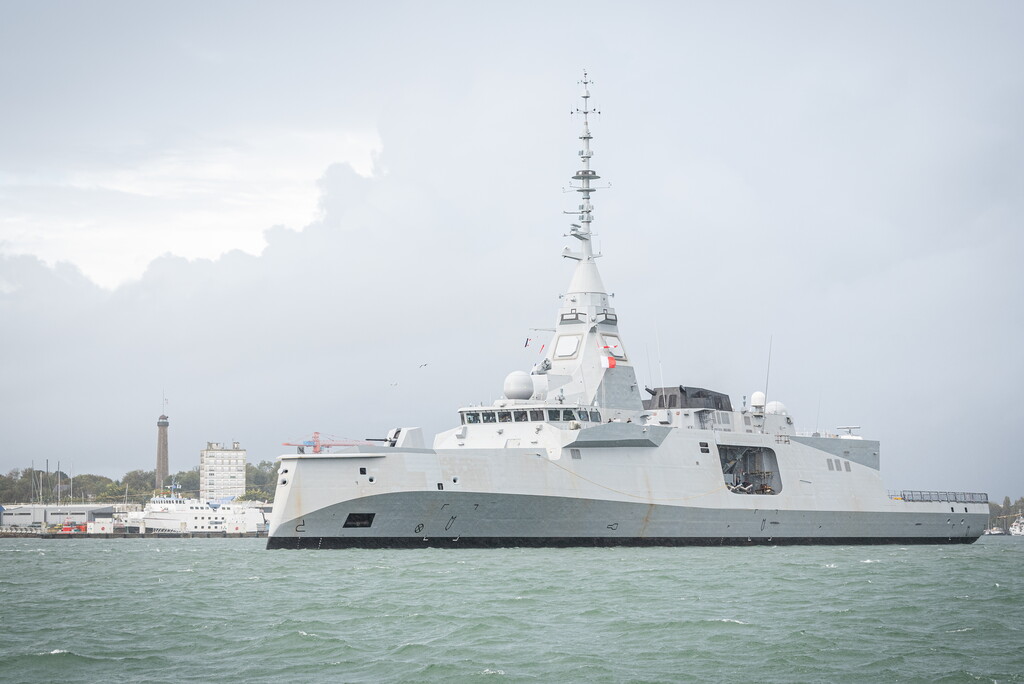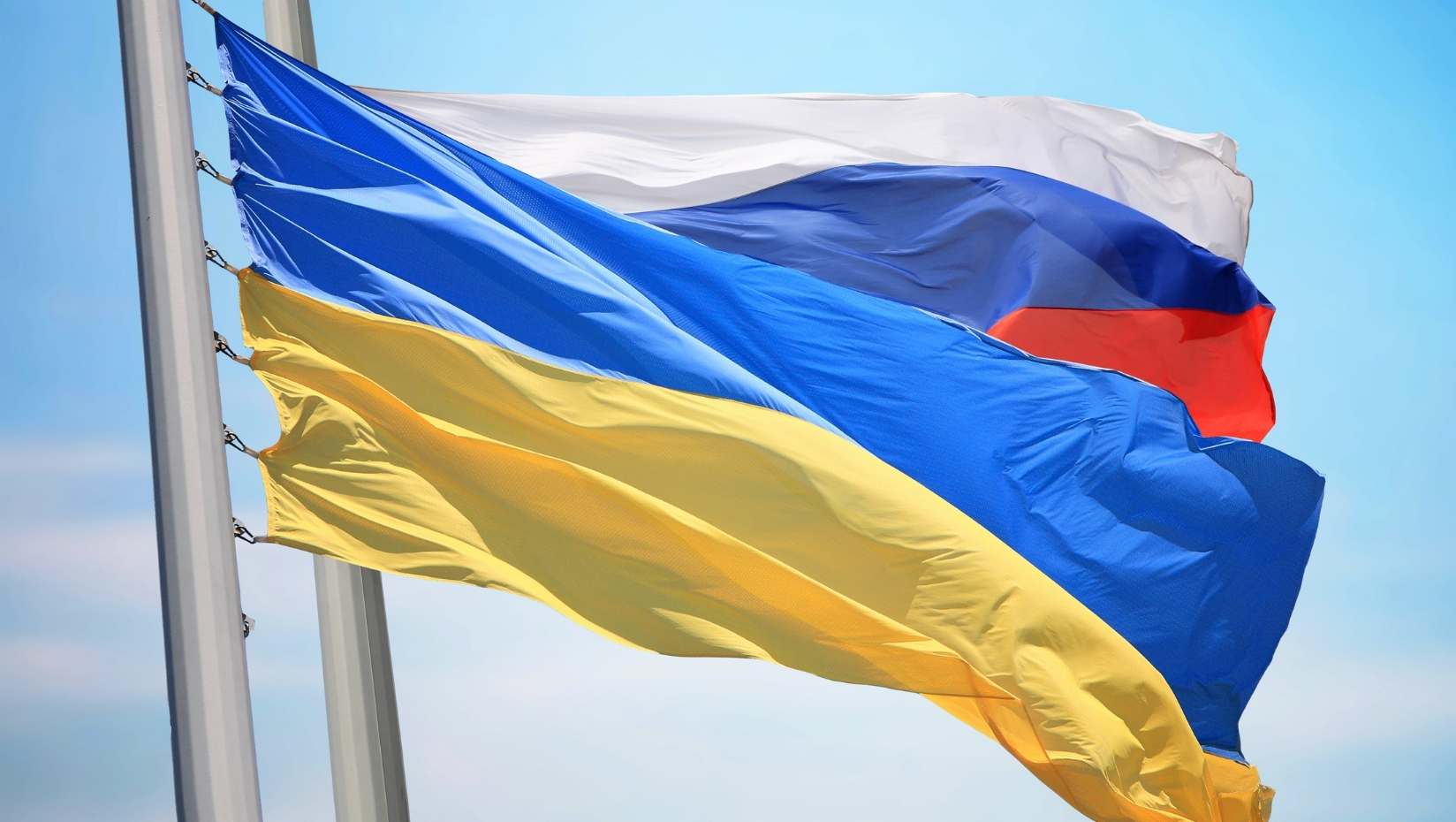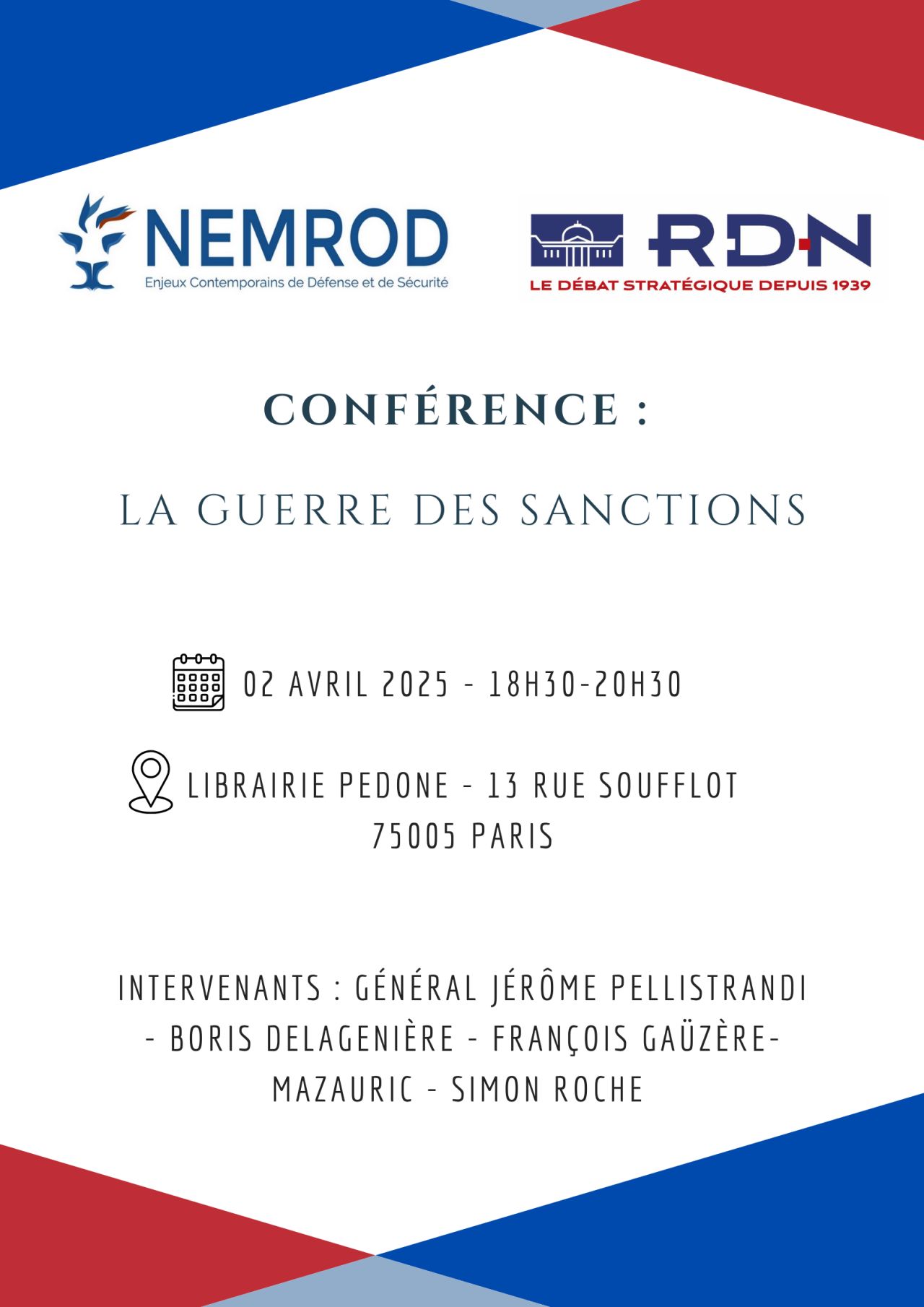La République démocratique du Congo (RDC) traverse une période cruciale de sa jeune histoire politique. En état de guerre larvée ou ouverte depuis 1994, la RDC a organisé sur son territoire les premières élections libres et démocratiques depuis plus de quarante ans. Les résultats publiés le 29 octobre dernier ont désigné Joseph Kabila président de ce pays grand comme l'ensemble de l'Europe occidentale. La Mission d'observation des Nations unies au Congo (Monuc) a accompagné le pays depuis 1999. Face aux risques de débordements durant la phase de transition démocratique, elle a sollicité l'aide de l'Union européenne. Cette dernière a accepté de déployer un contingent européen pour une durée de quatre mois. Son mandat se terminant le 31 novembre, un premier bilan de cette mission européenne peut être réalisé, notamment dans la coordination de son action avec l'ONU. Si la mission de l'UE a plus constitué en un soutien dans un domaine où l'ONU est fortement déficiente (force de réaction rapide) qu'une véritable collaboration, elle n'en demeure pas moins une étape intéressante dans le développement de la synergie entre ces deux organisations dans une opération de grande envergure.
Premier bilan de l'opération Eufor RDC
The EUFOR DR Congo operation-initial conclusions
The Democratic Republic of the Congo (DRC) is going through a critical period in its young political life. In a latent or open state of war since 1994, the DRC has recently held the first free and democratic elections on its territory for more than 40 years. The results published on 29 October 2006 confirmed Joseph Kabila as president of this country that covers an area the size of the whole of Western Europe. The UN Mission in the DR Congo (MONUC) has provided support to the nation since 1999. Faced with potential unrest during the democratic transition phase, it sought help from the European Union. The latter agreed to deploy a European force for a period of four months. As its mandate ended on 30 November, it is appropriate to draw initial conclusions concerning the achievements of this European mission, especially relating to the coordination of its operations with the UN. While the EU task was more to provide support in an area where the UN was seriously deficient (quick response forces) than to act in full collaboration, it none the less remains an interesting stage in the development of a synergy between these two organisations in a large-scale operation.








